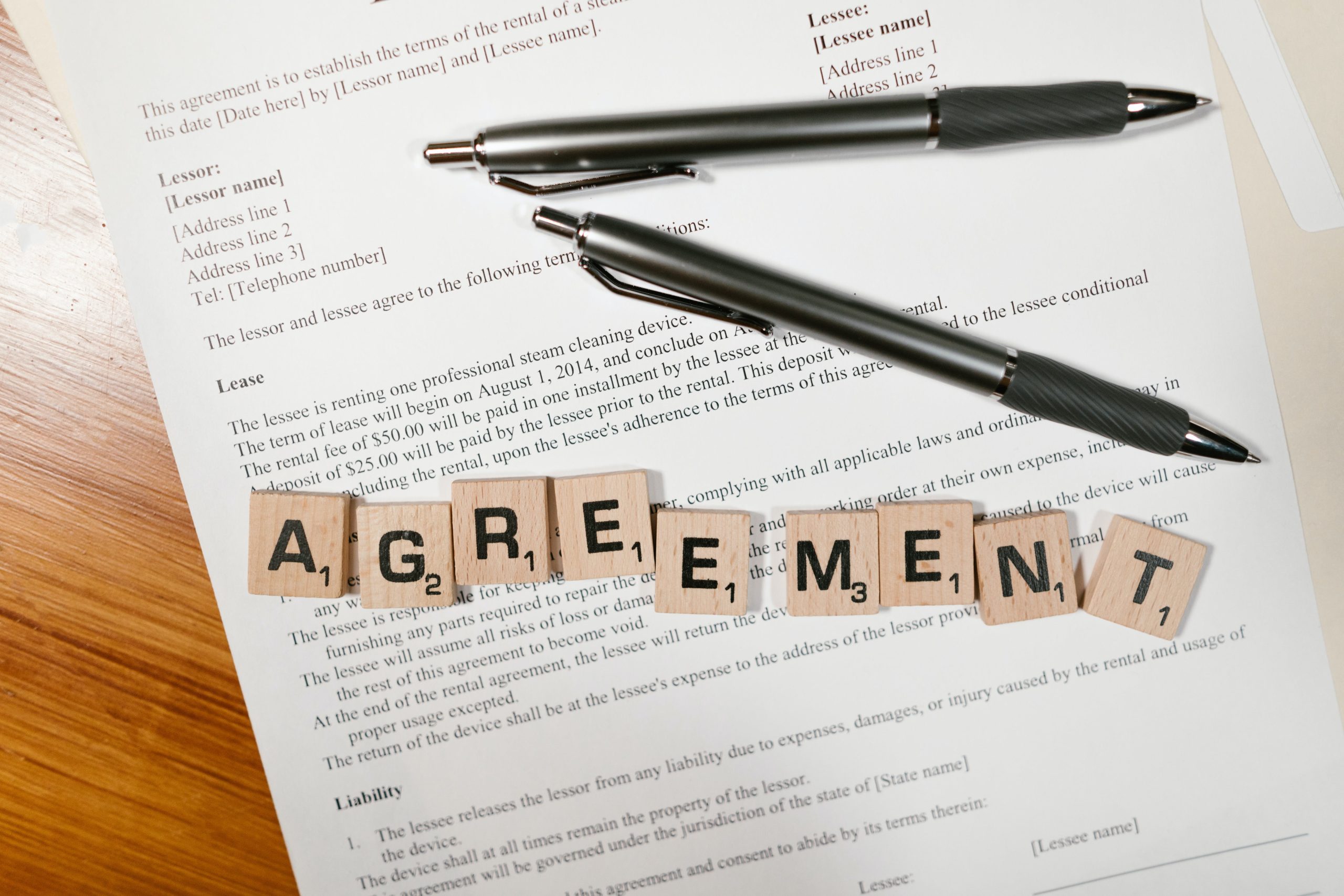
A lease agreement is critical to any landlord’s rental property investment. It entitles a tenant to pay a fee for inhabiting a unit while defining each party’s rights and obligations. Beyond being a mere formality, a lease agreement is a binding contract that protects both landlord and tenant when questions arise, or something goes wrong.
Since a rental agreement is crucial to any tenancy, you should carefully draft it. While the first template you find in an online search) or the lease your neighbor drafted five years ago) may be tempting to use; an outdated rental agreement that isn’t specific to your property will set you up for problems in the long run.
So, what are some common lease agreement mistakes, and how can you avoid them? Here are five ways rental agreements often fall short.
Vague rental terms. Merely listing a dollar amount for monthly rent in your lease agreement isn’t sufficient if difficulties arise. Rent provisions should also cover due dates, how to submit payments, grace periods, rent increases, and late fees.
Unclear maintenance responsibilities. Do you want your tenant to change light bulbs, keep common areas clutter-free, or replace filters? Any maintenance tasks assigned to the tenant must appear in the rental agreement since verbal instructions are unenforceable.
Unstated property rules. Lease agreements should give up-front answers to questions that could later cause disputes. May the tenant sublet? What are your smoking policies? Are pets allowed on the property? Who’s liable for paying utilities? Neglecting to cover these topics in the lease will eventually cause frustration and misunderstandings.
No end date or renewal procedures. Even the most promising tenancy shouldn’t continue indefinitely. Specifying an end date and termination procedures in your lease gives both parties an amicable method of parting if the relationship sours or circumstances change. The lease should also include a straightforward way to renew or enter into a new agreement if the landlord and tenant want to continue.
Legal noncompliance. State and local laws govern many rental agreement terms—notice periods, subletting, and rent increases. A contradictory lease term won’t override applicable laws and could give your tenant the right to file a legal complaint. Be aware of local laws and consult an attorney to ensure your lease agreement remains compliant.
A well-drafted lease will pay off throughout a tenancy, giving you written terms to reference when questions arise, or a legal dispute escalates.
About Rentals America
Rentals America provides full-service property management for residential rental properties. Our team is completely dedicated to property management, and we’re here to help landlords navigate the rental market.









